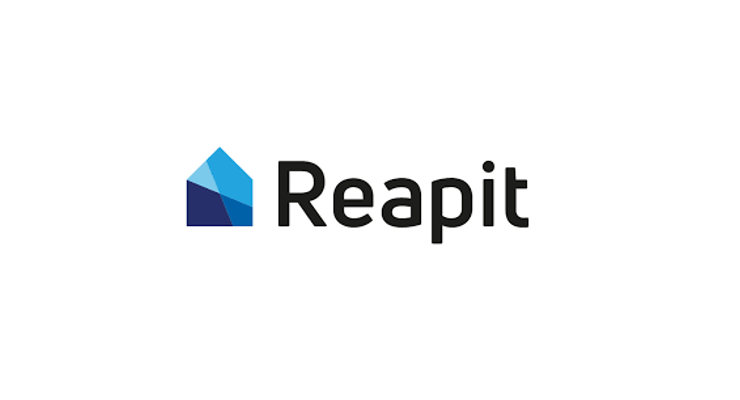Regulation overload?
Reapit report shows concerns over Renters’ Rights Bill as government plans improvements to bailiffs and tribunals
There is widespread concern across the property sector over incoming regulatory changes – including the Renters’ Rights Bill – according to research by leading PropTech provider, Reapit.
Their Property Outlook Report 2025 reveals letting agents, landlords, and sales professionals alike are bracing for what many see as the most complex compliance environment in decades.
Regulation biggest concern across sales and lettings
Regulation tops the list of agents’ concerns. Nearly 60% of respondents cited new regulations as their primary worry for 2025. These figures reflect growing unease about the implications of reforms set to reshape both the sales and the private rented sector (PRS).
Among the most urgent issues agents face is the Renters’ Rights Bill, which is due to become law later this year. The legislation will abolish fixed-term assured shorthold tenancies and Section 21 ‘no fault’ evictions, while introducing more stringent repair obligations, rent challenge rights for tenants and tighter compliance deadlines. The Bill also introduces an independent ombudsman for the PRS and significantly increases penalties for non-compliance.
Reapit’s research shows that more than 61% of property professionals surveyed said they were dissatisfied with the draft proposals first introduced in 2024, while fewer than one in ten expressed support. EPC changes are also on the horizon for the PRS, with all properties needing to reach a minimum EPC C for new lets by 2028.
However, in correspondence with Reapit, the government has revealed it is looking to address some of the industry’s concerns around the Renters’ Rights Bill.
Government addresses bailiff shortages and Tribunal capacity
In a reply to Reapit’s enquiries, Minister of State for Housing and Planning Matthew Pennycook MP explained that HM Courts and Tribunals Service is looking to address delays in bailiff enforcement affecting landlords by strengthening bailiff recruitment and retention, issuing clearer guidance on rights and responsibilities, and launching an automated payment system to streamline debt recovery to free up bailiffs for possession cases.
The government is also working on a new end-to-end digital possession service that will automate warrant requests and fee submissions, with the aim of accelerating the enforcement process by cutting the amount of admin time spent on paperwork.
To prepare for potentially increased demand across the First-tier Tribunals, work is underway to expand capacity within the Tribunal Property Chamber. A new power has also been introduced, allowing the government to backdate rent increases following a Tribunal determination to prevent the system from becoming overwhelmed. The government is also considering a faster, alternative mechanism for initial rent assessments, avoiding a tribunal hearing entirely, something Reapit has campaigned for.
A national communications campaign will also be launched to raise awareness of the Renters’ Rights Bill and guide tenants, landlords and agents to relevant support and information.
Lack of understanding from sellers highlights compliance challenge
On the sales side, 47.7% of property professionals surveyed said sellers lacked awareness of compliance requirements – such as documentation and disclosure obligations. In 2024, the National Trading Standards Estate and Letting Agency Team (NTSELAT) began monitoring property portals to ensure upfront disclosure of material information. Their guidance on Parts A, B and C supported agencies in meeting their obligations under the Consumer Protection from Unfair Trading Regulations. Although these regulations have since been superseded by the Digital Markets, Competition and Consumers Act (DMCC Act) 2024, and NTSELAT has withdrawn its guidance, it remains a valuable reference point for agents in the absence of new industry-specific guidance.
The DMCC Act has also shifted enforcement powers to the Competition and Markets Authority (CMA), which from 6 April has been able to fine agents directly for non-disclosure without going to the courts. Fines can reach £300,000 or 10% of global turnover, whichever is greater.
For agents, this makes upfront information gathering from sellers critical to stay compliant, but it does provide benefits to agents. Disclosing more data upfront to potential buyers cuts down on the number of unsuitable enquiries, reducing the time agents spend in responding to them. These changes also impact letting agents, with landlords needing to provide the same information to ensure a property advert is accurate.
Regulator burden manageable with the right tech
Dr Neil Cobbold, Commercial Director at Reapit UKI, said that the way agents approach new regulations is critical: “It’s understandable agents are concerned about upcoming regulation, change is on the horizon and for the lettings sector it’s the biggest in 30 years.
“But agents don’t need to go it alone. At Reapit we’re working not only to adapt our tech to help agents manage these changes to the sector, but also constantly talking to the government, MPs and civil servants to share the concerns of agents everywhere.
“Agencies that act early to understand their new obligations and invest in tools that support compliance will be best positioned to ride the coming wave of reform.”









